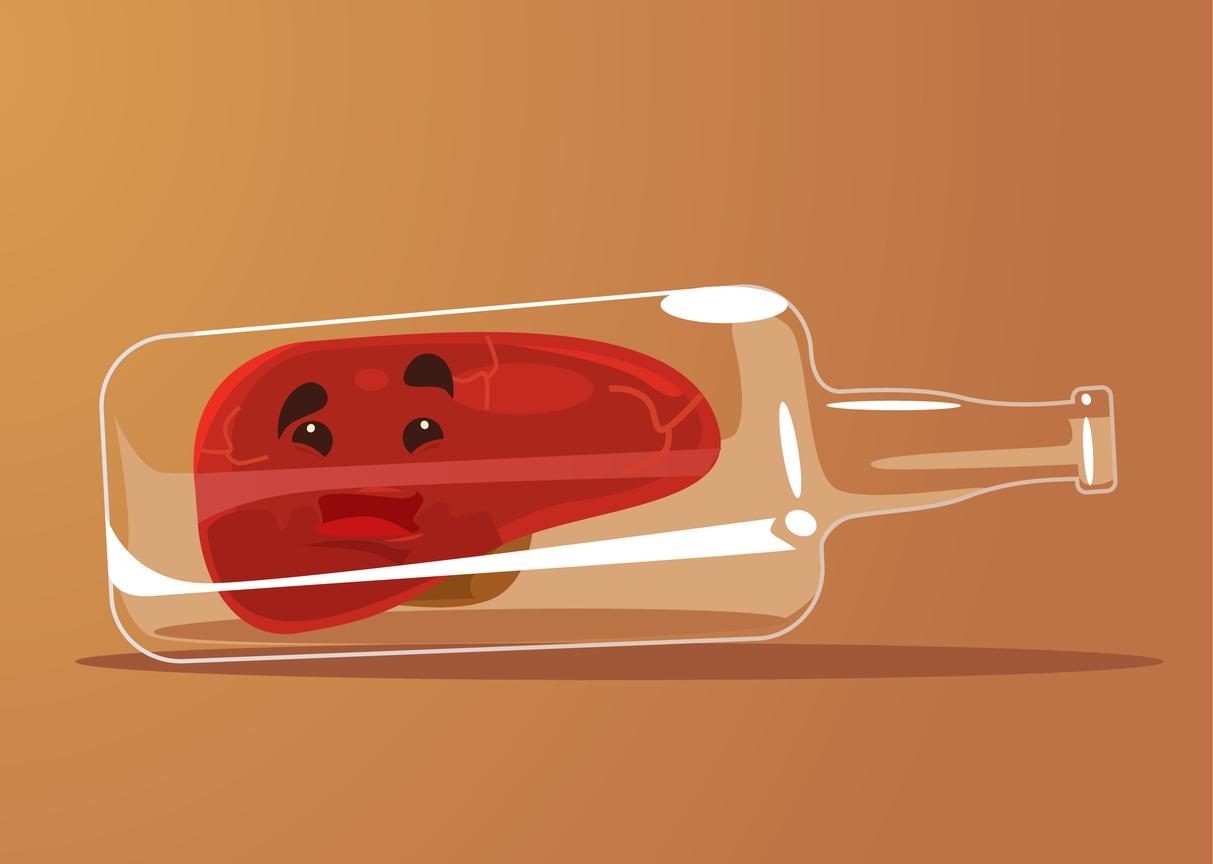Loneliness and, above all, the feeling of chronic loneliness could contribute to the development of type 2 diabetes, according to a recent study. In question, the stress experienced by isolated individuals.

- Loneliness would affect 8% of French people, or about five million people.
- According to a British study, chronic loneliness would generate stress, thus promoting type 2 diabetes.
- In addition to diabetes, loneliness would be fertile ground for developing depression, anxiety, attacks of paranoia, weakening the immune system and increasing the risk of cardiovascular disease.
Eight percent of French people say they feel lonely most or all of the time, around five million people, according to a note from the Observatoire du Bien-être on the dimensions of loneliness in France, published in January 2020 by the Center for Economic Research and its Applications (Cepremap). Loneliness is therefore an important phenomenon in France. Beyond its psychological repercussions, such as depression, it would also have consequences for physical health. According to a study conducted by researchers at King’s College London (UK) and published in the journal Diabetologyit could also promote the development of type 2 diabetes.”If the feeling of loneliness becomes chronic, then the stress mechanisms are stimulated day after day, and this can lead to complications such as diabetes,” insist the researchers. It is therefore the stress caused by loneliness that would favor the appearance of this disease. And this, in particular because of a hormone, cortisol. This would be very present in people who feel alone. However, high levels of this hormone would be a risk factor for type 2 diabetes.
264 people developed type 2 diabetes
The study of scientists lasted twelve years. During this period, the researchers followed 4,000 volunteers who were at least 50 years old. Result: 264 people – the majority of whom suffered from loneliness – developed type 2 diabetes. This disease, also called non-insulin-dependent diabetes, is characterized by too high a level of sugar in the blood, hyperglycemia. The pancreas secretes insulin (supposed to regulate blood sugar levels) but its effect is less effective. The patient therefore has insulin resistance and his blood sugar level no longer drops naturally. It is the most common diabetes in the world. It is favored by the evolution of lifestyles and urbanization, sometimes associated with bad habits which are also risk factors for this disease: poor diet, physical inactivity, sedentary lifestyle, obesity, etc. Thus, this pathology is usually discovered in adulthood. Ultimately, this can lead to serious consequences such as cardiovascular problems. To avoid them, the treatment consists first of all in resuming good lifestyle habits: weight loss, physical exercise, balanced diet, etc. If these measures are not sufficient, the patient may take medication to lower his blood sugar.
Other health consequences
People who feel alone most of the time or all the time would therefore be more at risk of having type 2 diabetes, provided that this feeling of loneliness is chronic, that is to say, lasting for several years. However, type 2 diabetes is not the only consequence of isolation. Various studies have already shown other repercussions on health: depression, social anxiety, paranoia, reduction of the immune system which protects itself less well against infections, etc. A study published in 2018 showed that loneliness could also be a risk factor for cardiovascular diseases… Moreover, according to the authors, it would also be a predictive factor for premature death. Worrying conclusions because more and more people live alone in France today. According to an INSEE report published in 2017the increase in break-ups of people living as a couple between 1999 and 2013 caused a sharp – logical – increase in individuals living alone.
.

















